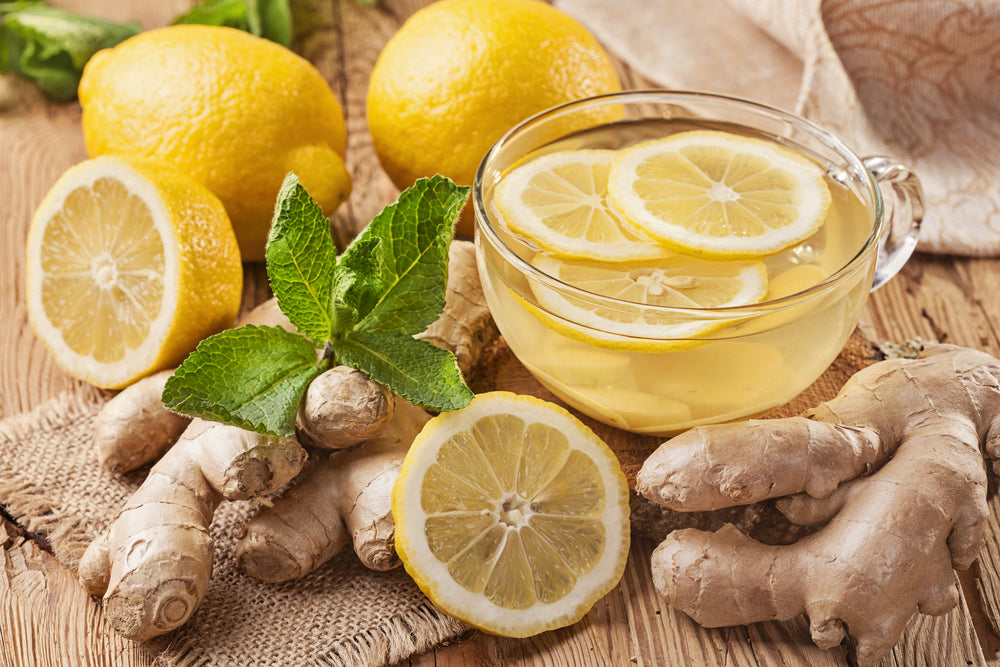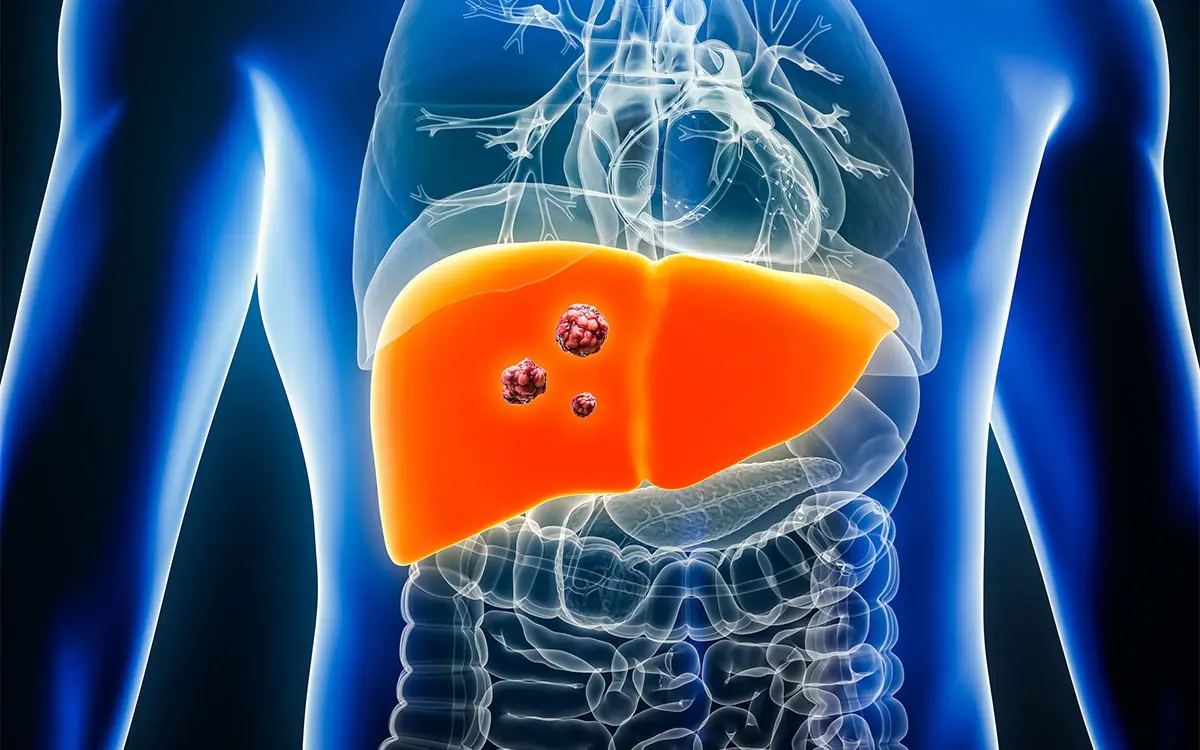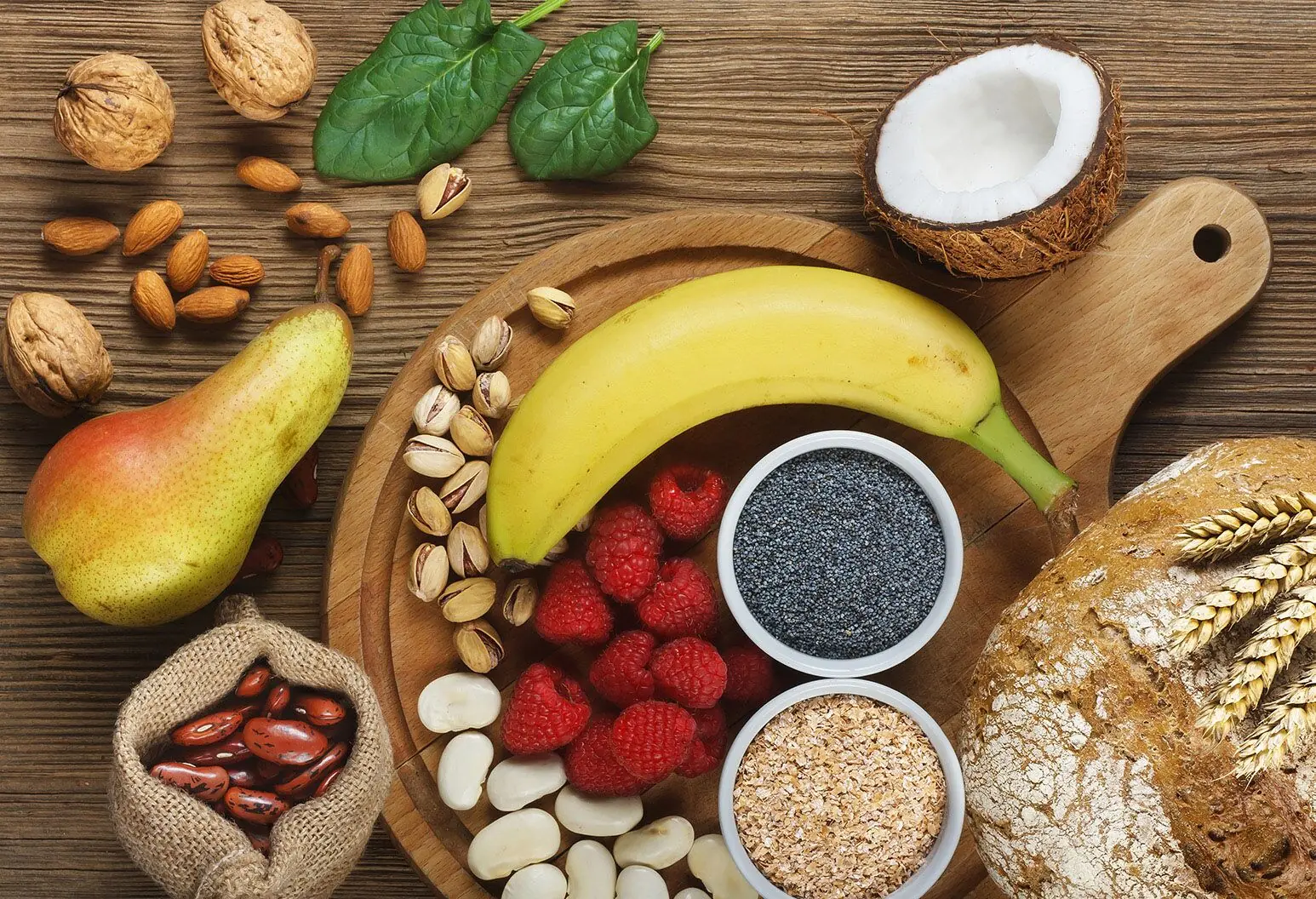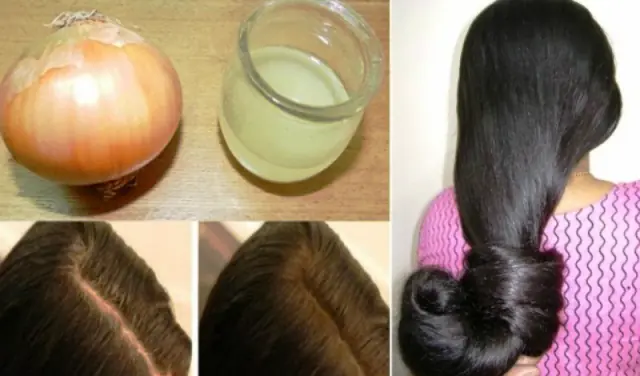
Proven Health Benefits of Ginger Root and Ginger Tea
Proven Health Benefits of Ginger Root and Ginger Tea (Including Ginger Lemon Tea Recipe)
Ginger root (Zingiber officinale) is a powerful herb with a long history of medicinal use. Whether you use it fresh, dried, or as a powder, ginger has anti-inflammatory, antimicrobial, and anti-spasmodic properties. Adding ginger to your diet can help prevent and treat nausea, improve cardiovascular and brain health, and reduce pain.
Both fresh ginger and ground ginger powder offer significant health benefits. Fresh ginger is rich in gingerols, while dried ginger powder has a higher concentration of shogaols, which are believed to be more potent. Interestingly, cooking or drying ginger can increase its antioxidant potential.

Key Health Benefits of Ginger
-
Anti-Inflammatory and Pain Relief: Ginger is a powerful anti-inflammatory. The compounds gingerols and shogaols can help inhibit substances that cause inflammation. Studies show that ginger extract is effective in reducing inflammatory pain from conditions like osteoarthritis and can also help relieve muscle pain after exercise. It is often as effective as NSAIDs like ibuprofen but with fewer side effects.
-
Reduces Menstrual Cramping and Pain: The anti-spasmodic properties of ginger make it effective in relieving menstrual pain (dysmenorrhea). Studies have shown that ginger root powder can significantly reduce abdominal aches and cramping during the first few days of a woman's menstrual period.
-
Promotes Healthy Digestion and Prevents Nausea: Ginger is well-known for its ability to soothe the gastrointestinal tract. It helps food pass through the digestive system more easily, which can prevent indigestion, heartburn, and gas. Its antiemetic properties make it a trusted remedy for nausea and vomiting, including morning sickness during pregnancy and chemotherapy-related nausea.
-
Helps Fight Infections: Ginger has both antiviral and antibacterial properties. Fresh ginger, in particular, has been shown to be effective against respiratory viral infections. Drinking ginger tea regularly can help boost your immune system and fight off colds and the flu.
-
Supports Heart Health: Regular consumption of ginger tea can help lower blood pressure and protect against cardiovascular disease. The flavonoids and antioxidants in ginger help regulate heartbeat and reduce inflammation.
-
Lowers Cholesterol and Prevents Blocked Arteries: Ginger extracts can help reduce "bad" LDL cholesterol levels and may prevent the buildup of plaque in arteries (atherosclerosis), which is a major cause of heart disease.
-
Manages Diabetes Symptoms: Ginger has anti-diabetic properties. Studies have shown that ginger supplements can significantly reduce fasting blood glucose levels and help manage long-term blood glucose markers.
-
Boosts Brain Function: The powerful antioxidants in ginger can protect against oxidative stress in the brain, which is linked to cognitive decline. Studies have found that ginger extracts can improve cognitive function, memory, and working memory in middle-aged women.
-
Supports Liver Health: Ginger's antioxidant properties help remove toxins from the liver and reduce the negative effects of free radicals, which can be beneficial for conditions like non-alcoholic fatty liver disease.
-
Aids in Weight Loss: Ginger can help with weight loss by inhibiting fat absorption, controlling appetite, and increasing fat breakdown during digestion.
-
Alleviates Asthma Symptoms: Ginger has an anti-spasmodic effect that can help relax muscles in the airways and suppress inflammation, providing therapeutic relief for some asthma symptoms and respiratory infections.
-
Has Anticancer Properties: Research on ginger extracts, particularly the compound 6-gingerol, shows promising anticancer properties. Studies have found that ginger can inhibit the growth of human prostate and ovarian cancer cells and may help prevent colon and liver cancer.

How to Make Ginger Tea
Making ginger tea is simple and can be done with either fresh or powdered ginger.
From Fresh Ginger Root:
-
Chop or mince a 1-inch (2.5 cm) piece of ginger root (wash thoroughly if leaving the skin on).
-
Place in a cup and pour boiling water over it.
-
Cover and let it steep for at least 5 minutes to extract the compounds.
-
Strain and add a teaspoon of raw honey or a natural sweetener if desired.
From Ginger Powder:
-
Add ½ to 1 teaspoon of ground ginger to a cup.
-
Pour boiling water over it and stir well.
-
Add a natural sweetener if desired.
Ginger Lemon Tea Recipe
This cleansing and revitalizing tea combines the benefits of both ginger and lemon.
Ingredients:
-
2 inches (5 cm) ginger root, finely chopped
-
4 cups (1 L) filtered water
-
2 tbsp (30 ml) organic lemon juice
-
1-2 tsp (5 ml) whole stevia leaf or honey (optional)
Instructions:
-
Infuse the finely chopped ginger root in freshly boiled water for 5 minutes.
-
Add the lemon juice and sweetener.
-
Stir and serve hot or cold.
Precautions
While ginger is generally safe, certain groups of people should exercise caution or avoid it, as it can interact with some medications or worsen specific health conditions. Always consult a healthcare provider if you have concerns about using ginger as a supplement.
News in the same category


5 Unconventional Signs of Breast Cancer That You Must Know About

Low FT3 Levels Predict Risk for Nerve Damage in Diabetes

Doctors Urge: Don’t Ignore Unexplained Bruising — These Hidden Reasons Could Be the Cause

12 Urgent Warning Signs You’re Eating Too Much Sugar

5 Common Habits Silently Destroying Your Liver (Most People Do Them!)

Where Do You Stand on the Sitting-Rising Test?

The Ultimate Guide to Marinating Fish

The Pros and Cons of Sleeping with a Fan On

10 Symptoms of Kidney Disease

5 Potential Health Benefits of Macadamia Nuts

How to Exercise Safely When You Have Atrial Fibrillation

How to Get Rid of Dead Dry Skin on Feet

Foods to Eat if You Need to Poop – The Best Natural Laxatives

How to Make Onion Juice for Hair Growth & Strong Hair

3 Best Ways to Boil Sweet Potatoes for Maximum Flavor

Top 13 Inflammatory Foods You Should Avoid (Replace with These)

Why You Should Drink THIS Warm Turmeric Water In The Morning

14 Warning Signs of Low Magnesium Levels and What to Do About It (Science Based)

The Six Signs Of A Potassium Deficiency – And How To Fix It
News Post

14 Warning Signs of Low Magnesium Levels and What to Do About It (Science Based)

5 Unconventional Signs of Breast Cancer That You Must Know About

Low FT3 Levels Predict Risk for Nerve Damage in Diabetes

Doctors Urge: Don’t Ignore Unexplained Bruising — These Hidden Reasons Could Be the Cause

12 Urgent Warning Signs You’re Eating Too Much Sugar

5 Common Habits Silently Destroying Your Liver (Most People Do Them!)

Where Do You Stand on the Sitting-Rising Test?

The Ultimate Guide to Marinating Fish

The Pros and Cons of Sleeping with a Fan On

One Button, Big Savings: Cut Energy Costs with Every Wash

10 Symptoms of Kidney Disease

10 Types of Toxic Friends to Avoid

Index Finger Length: Personality and Fortune

5 Potential Health Benefits of Macadamia Nuts

How to Exercise Safely When You Have Atrial Fibrillation

How to Get Rid of Dead Dry Skin on Feet

Foods to Eat if You Need to Poop – The Best Natural Laxatives

How to Make Onion Juice for Hair Growth & Strong Hair

3 Best Ways to Boil Sweet Potatoes for Maximum Flavor
